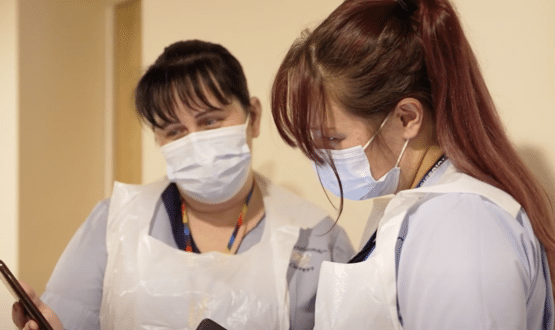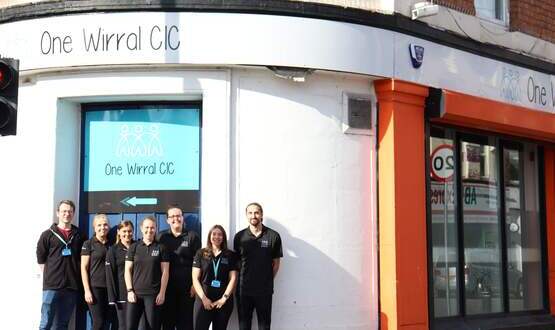Wirral prescribes Cerner for IT boost
- 9 February 2015

Wirral University Teaching Hospital NHS Foundation Trust’s implementation of the Cerner Millennium electronic prescribing system will help it “regain the crown” as an NHS innovator, its IT director has said.
The trust went live with Cerner’s e-prescribing and clinical documentation solutions last November in a “big bang” across its inpatients wards, covering e-prescribing, medicines administration, pharmacy workflow, nursing assessments and documentation. The go-live was part of Wirral’s ambition to become a “fully digital environment” by 2016.
Mark Blakeman, the trust’s director of infrastructure and informatics, told EHI News the implementation was the IT team’s main focus in the 14 months leading up to the go-live. “It’s a really substantial project, so we spent a lot of time working on it to make sure we got it all right."
Blakeman said the go-live had gone well, with staff adjusting well to the new system. “Any big go-live means that lots of people across the organisation need to work in a different way, but the doctors and nurses were by and large absolutely phenomenal.”
Wirral’s previous e-prescribing system was part of its green-screen legacy PCIS electronic patient record system, which won numerous awards for achievements in health IT in areas such as hospital e-prescribing and electronic scheduling for complex radiotherapy treatment.
The trust’s work with Cerner will help it to regain its reputation as an informatics leader within the NHS, Blakeman said.
“Through the early 2000s, we had a reputation of being a leader in informatics – certainly across the UK if not across Europe – and I think this will help us regain the crown when it comes to really innovative use of IT.”
He said the new e-prescribing system is “much easier and quicker to use for doctors”, with improved decision support and prescribing rules to improve safety.
Pippa Roberts, the trust’s director of pharmacy and medicines management, said the system will assist with its priority of reducing the number of missed medicines.
“Our legacy system couldn’t easily identify missed medicines for clinicians’ and the improved functionality we now have in Millennium indicates missed doses in bright red boxes on the patient’s record so they’re clearly visible for all to see.”
Blakeman said the trust is now focussing on rolling out the system across its outpatients wards. It is also planning to integrate its vital signs monitors into its electronic patient record, with real-time algorithms to detect a risk of sepsis and send an alert to clinicians.
“In the past, the task has been about the digitalisation of the health record, but now we’re trying to achieve digitalisation of the health process and the whole hospital.”
Blakeman said the trust will spent another 18 months “implementing absolutely everything we’ve got” within the Cerner suite, including integrated ECG monitoring and systems for the intensive care unit. Wirral is also building more barcoding into the medicines administration process to improve safety further, he said.




